Under intense pressure, Ukraine has not only adopted but also pioneered its own artificial intelligence (AI) systems, achieving capabilities that surpass even those envisioned by Western militaries. This technological leap has significantly influenced Ukraine's battlefield effectiveness against a larger adversary.
Fox News contributor Brett Velicovich, reporting from within Ukraine, emphasized the astonishing level of innovation occurring on the ground, outpacing the awareness of Western governments. He highlighted the rapid advancements made by Ukrainians, creating a dynamic environment that outside observers struggle to keep up with.
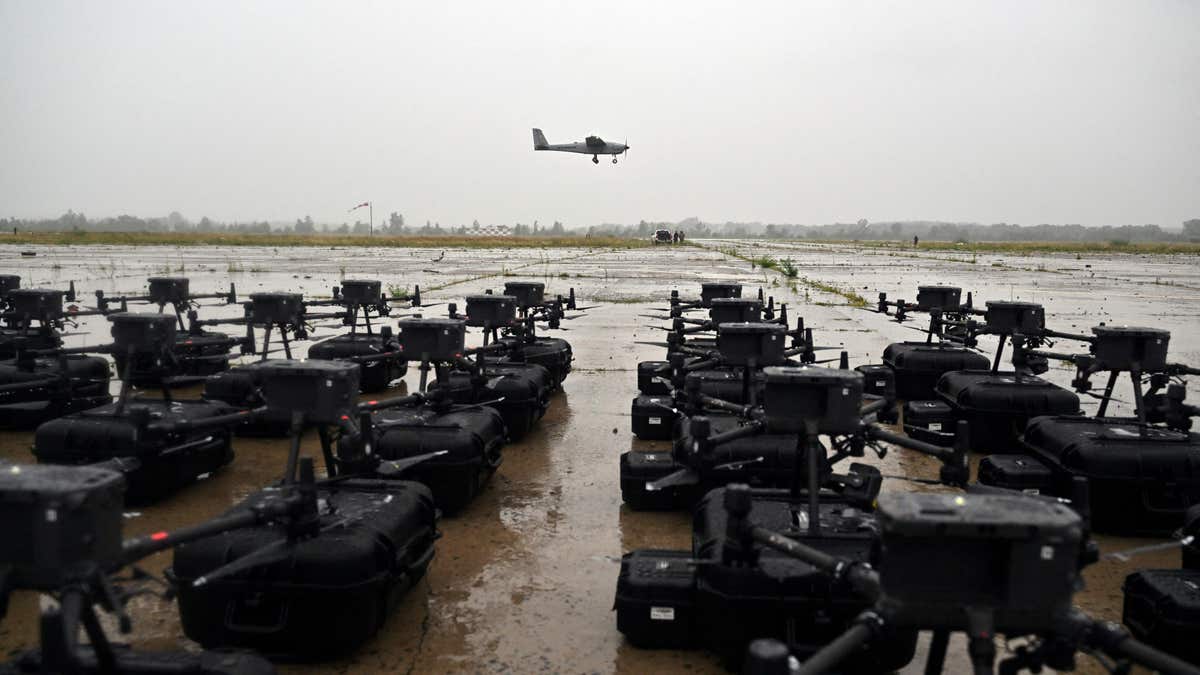
AI's crucial role in Ukraine's defense strategy has provided unexpected advantages. National Defense magazine has labeled the conflict an "unprecedented testing ground for AI," citing the widespread use of drones and AI-enhanced autonomous capabilities.
George Dubynskiy, Ukraine's deputy minister of digital transformation, explained that the decision to build a proprietary AI platform was pivotal. This approach, launched mid-2022 and deployed by year's end, allows for customization and avoids sharing sensitive data with commercial entities.
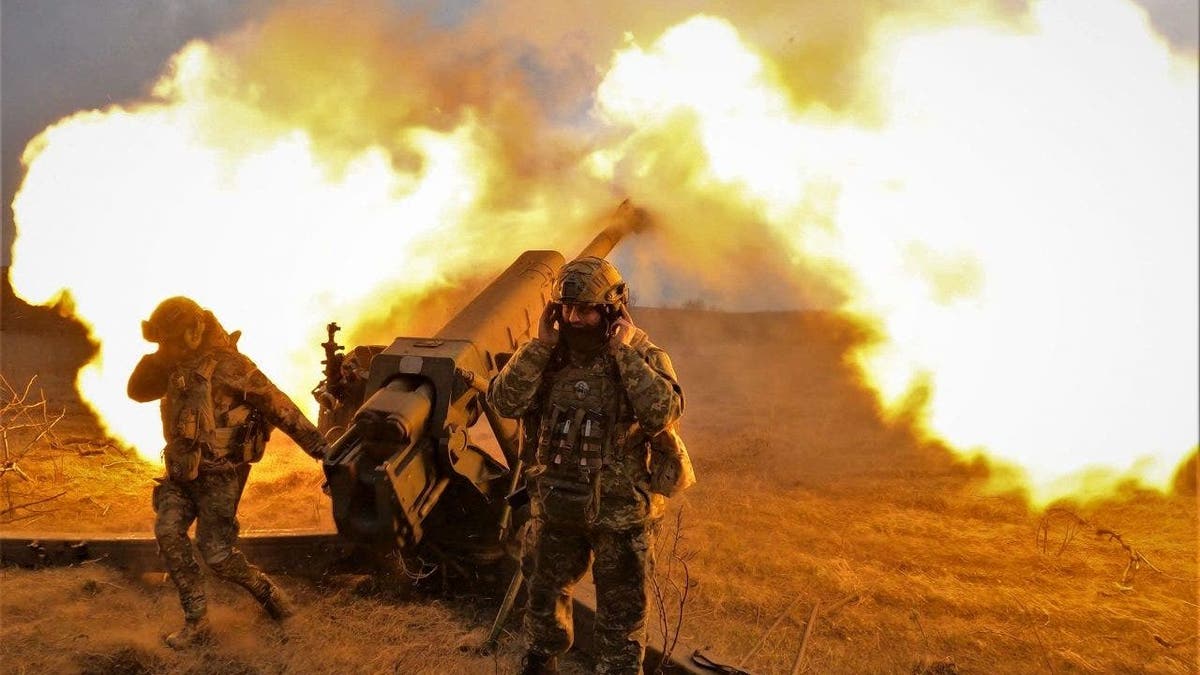
A Ukrainian engineer, identified as "Max," highlighted the nation's existing network of surveillance cameras and infrastructure, facilitating extensive computer vision applications. This technology, often overshadowed by large language models, has proven invaluable for tasks like identifying war criminals and tracking troop movements using UAV and drone footage.
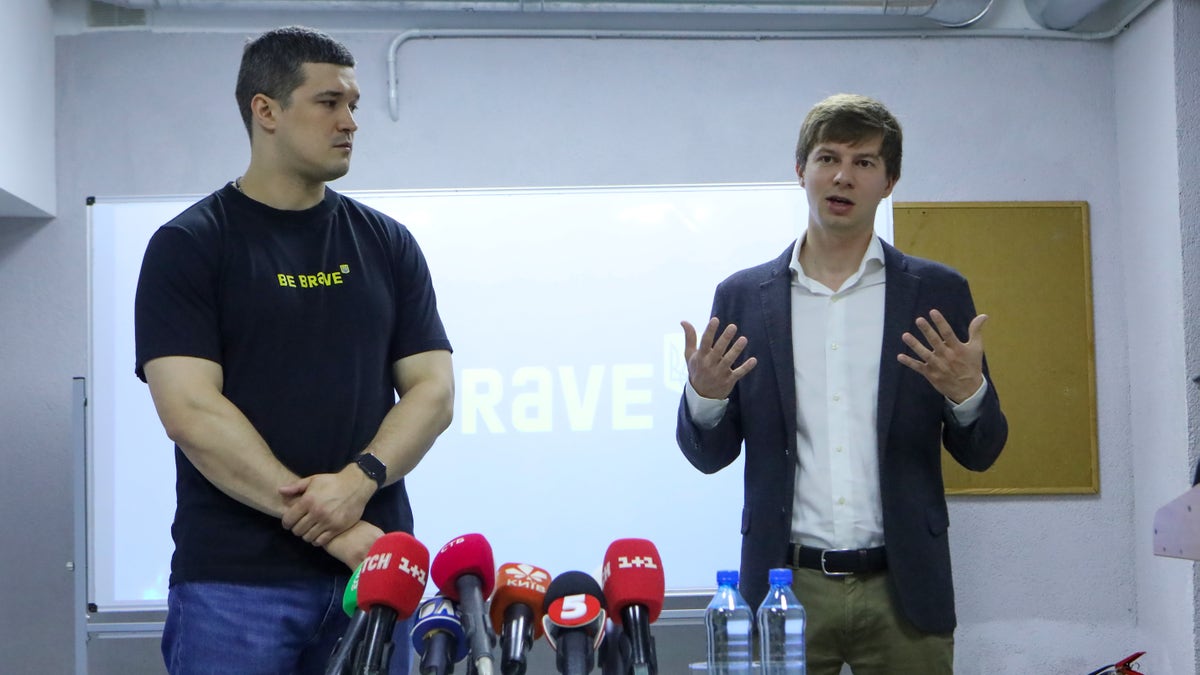
The sheer volume of data from various sources prompted the need for automated analysis, incorporating name recognition and optical character recognition (OCR) to extract key information. This system has become essential for distinguishing between threats like Iranian Shahed 136 drones and conventional missiles, and even enhancing the precision of guided-laser bombs.
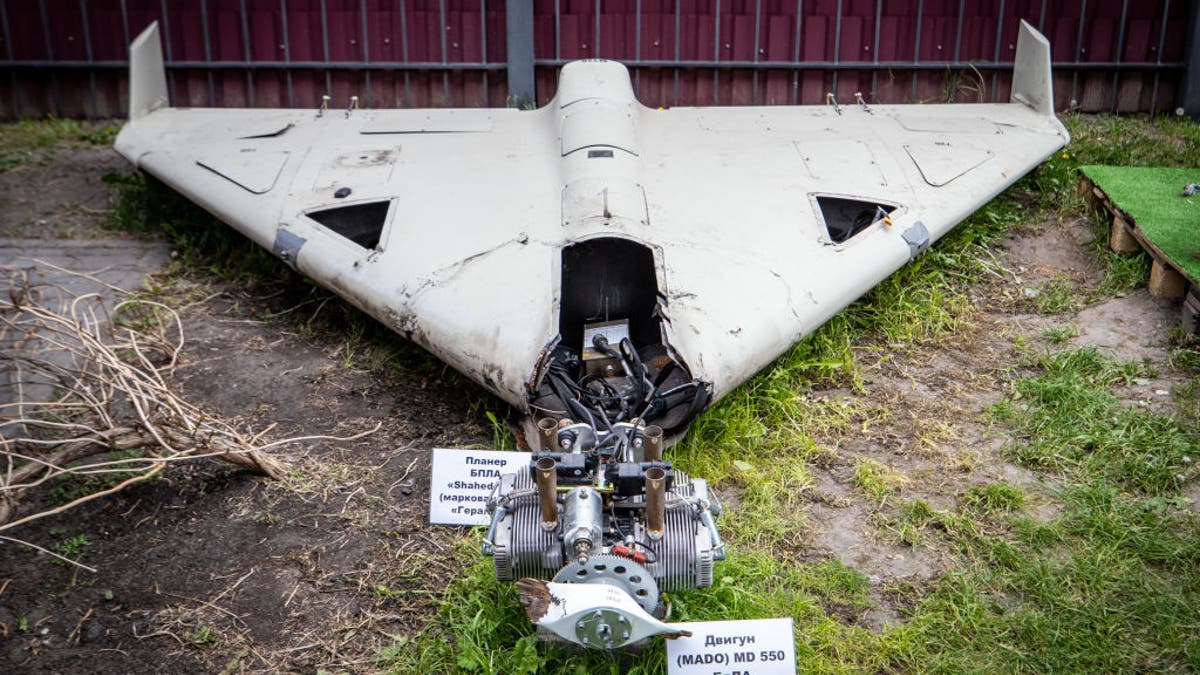
Remarkably, Ukraine achieved these advancements with a significantly smaller budget than comparable American projects, relying on ingenuity and resourcefulness. Velicovich described makeshift "gremlin garages" where tech-savvy individuals adapt readily available components, such as iPhone cameras and Raspberry Pi devices, to create targeted systems.
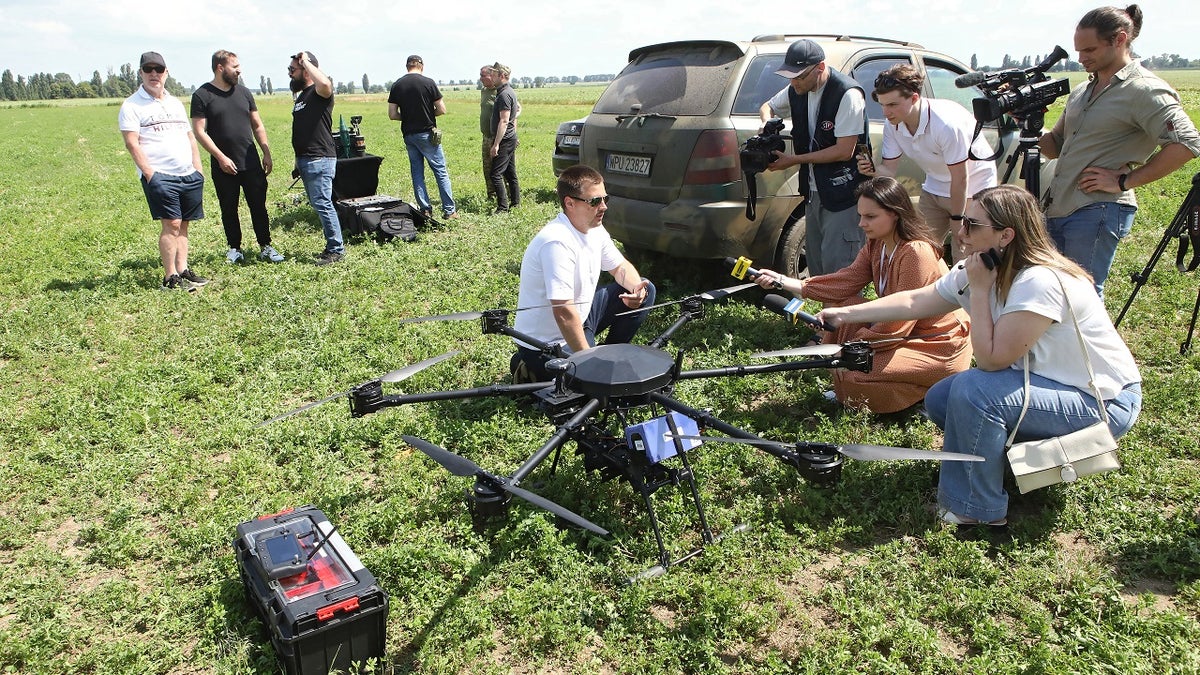
A network of approximately 250,000 volunteers, forming an "IT army," has contributed to the rapid development and maintenance of crucial technologies. This collective effort underscores the urgent need for innovation under constant threat.
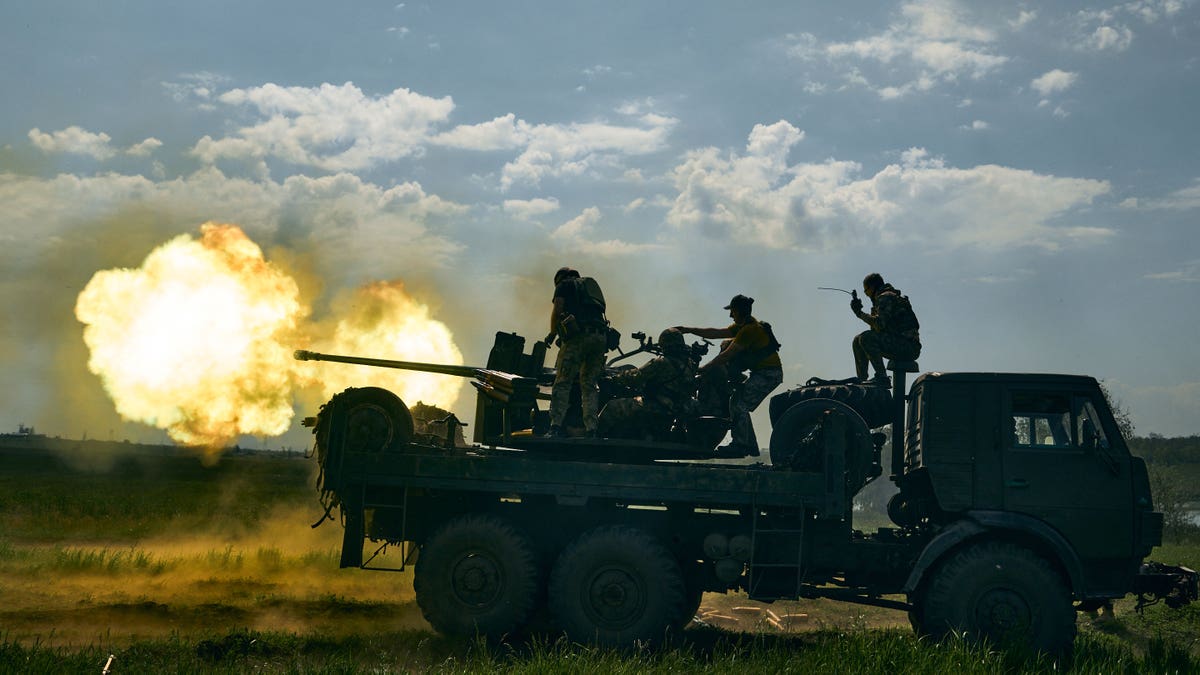
While maintaining communication with international companies and projects, including those in the EU and India, Ukraine emphasizes its independent approach. Dubynskiy stressed the value of open-source solutions and welcomed collaboration, particularly in data sharing, to enhance not only Ukraine's defense but also the security of the West.
Comments(0)
Top Comments